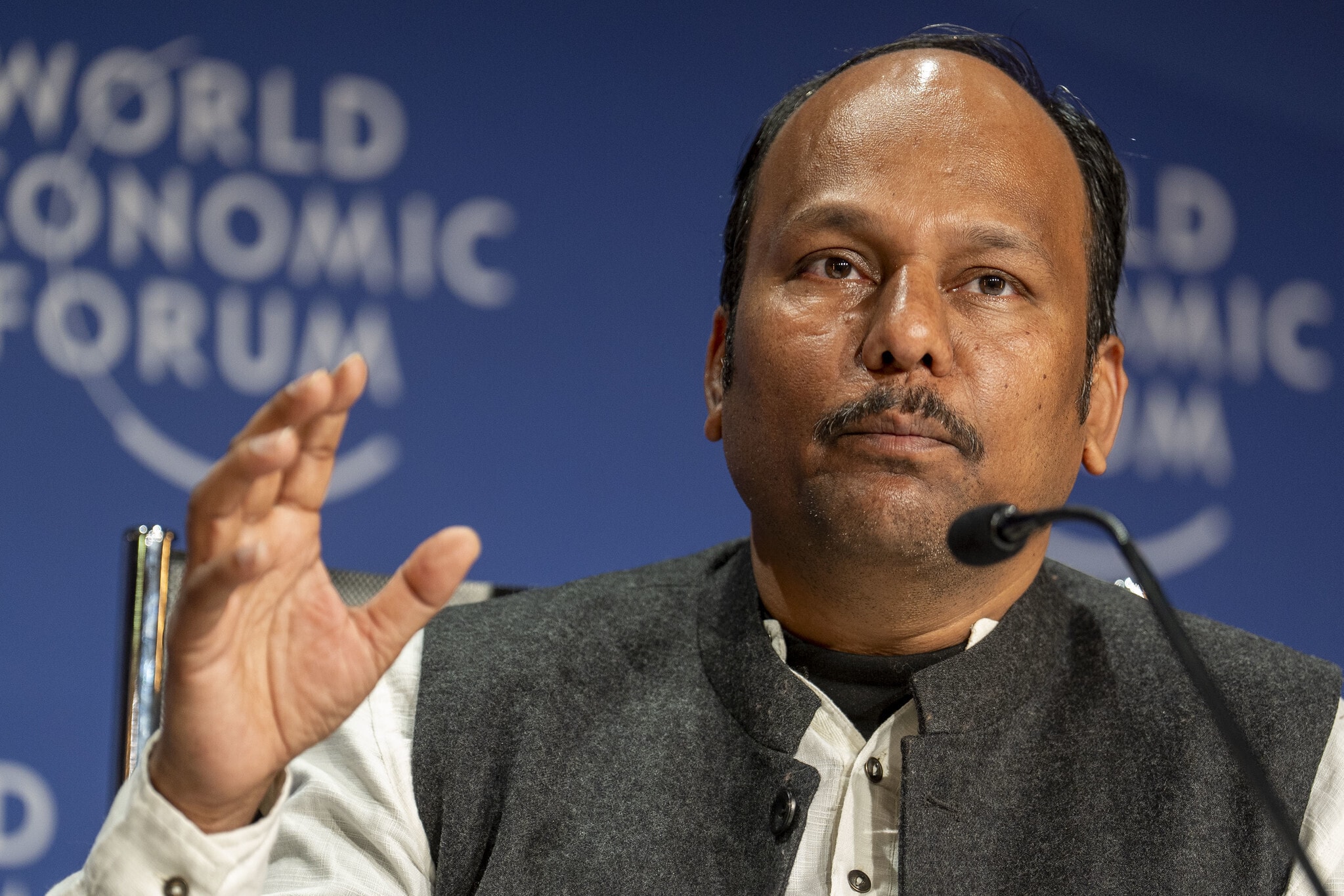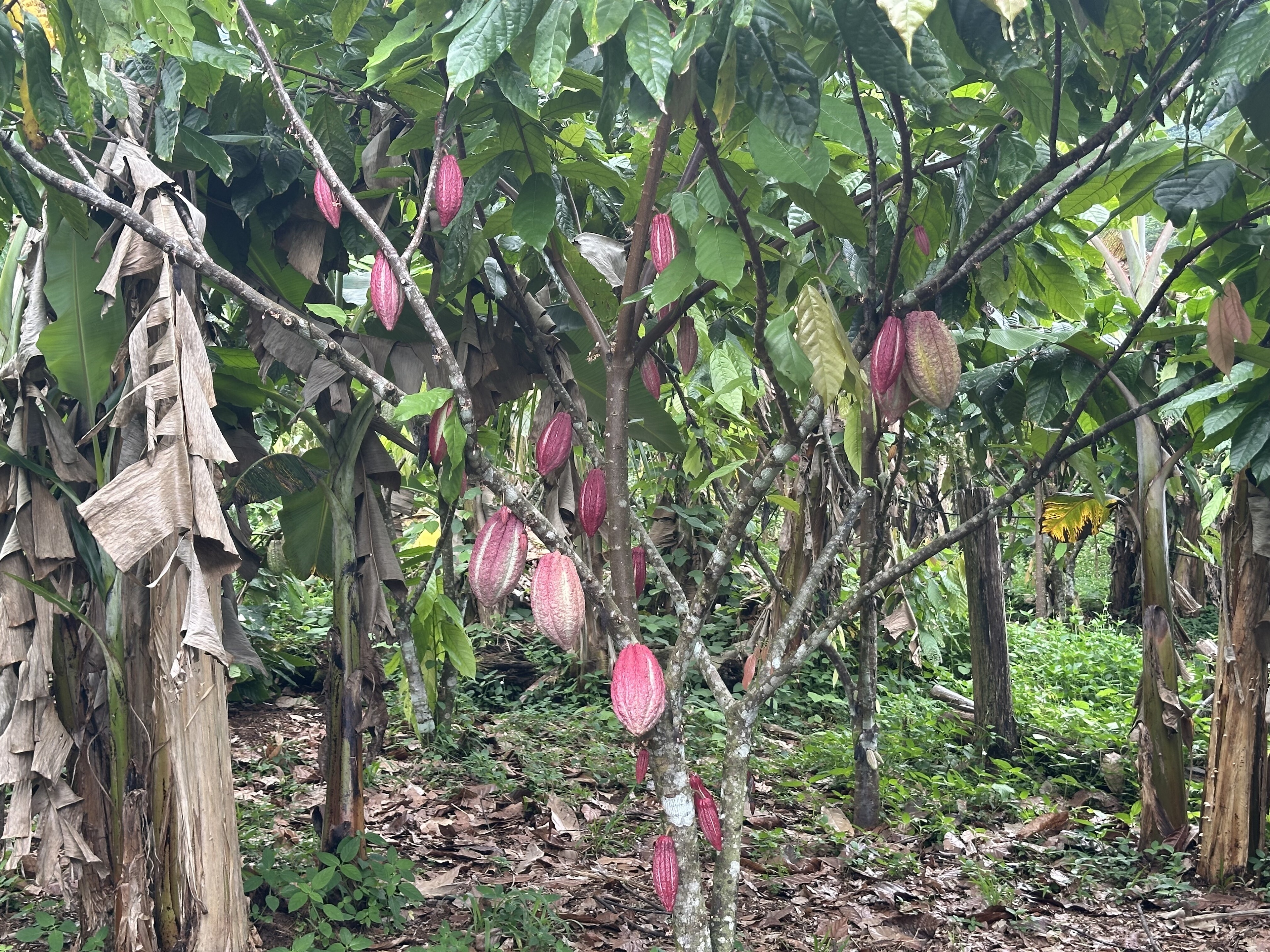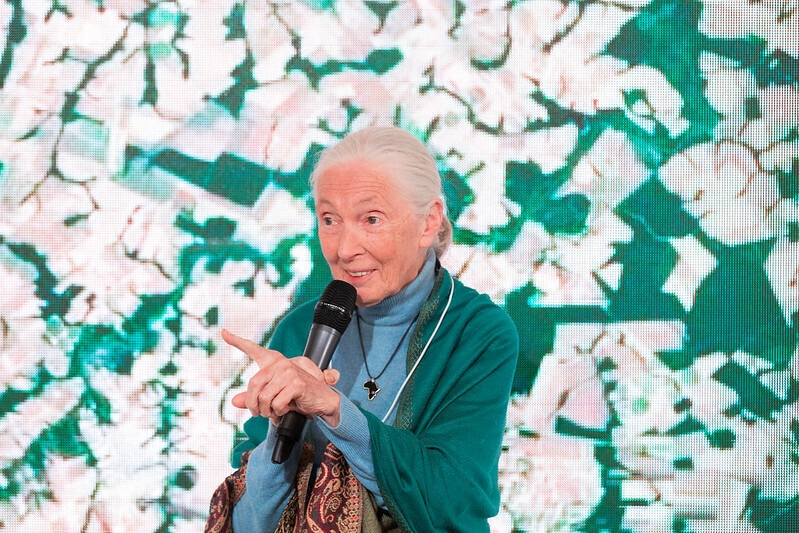How the EU’s new Bauhaus movement can help climate change

More than 25% of our medicines still originate from rainforest plants.
Image: Unsplash/trevor pye
Stay up to date:
One Trillion Trees
Listen to the article
- The EU has created a new Bauhaus movement to foster green and digital skills in construction and protect the environment.
- Building with sustainable timber could save up to 40% of carbon emissions in comparison to concrete, it says.
- Plans include a New European Bauhaus Academy and a scheme to support urban innovation.
What is the “New Bauhaus”? A contemporary update of the revolutionary 20th century German arts movement it namechecks? Not quite, but what this European Commission initiative proposes for the environment is potentially just as radical.
In 1919, architect Walter Gropius sought to bring modern production and design values to the rebuilding of Germany post-WWI. In 2023, European Commission President Ursula von der Leyen has appealed for a new set of principles that firmly situate sustainability at the centre of European civic and business policy in a time of climate crisis.
Into the woods
The focus of the launch event, New European Bauhaus Goes into the Woods, was very much on the protection and restoration of forests as vital to the health and wealth of the planet, and on green building practices.
“For thousands of years, forests have been for us an enchanted place of mystery and magic, as well as modern science. In our oldest fairy tales and folktales, forests are home – and you know it all – to spirits, wise animals, wizards and healers, von der Leyen said in her opening address.
“Today, more than 25% of our medicines still originate from rainforest plants. Forests are, in the widest sense of the word, part of who we are. And they must be our shared responsibility. Because we all know that today, our forests globally are in danger.”
Von der Leyen noted that “Building with sustainable timber could save up to 40% of carbon emissions in comparison to concrete”, outlining the importance of the EU’s pact for skills, which aims to upskill workers in sectors like green construction.
Green skills
And education is a big part of the New European Bauhaus (NEB) plans, which include an academy that the EC president says will have three major priorities: 1) Fostering green and digital skills in construction, 2) Increasing R&D and innovation in the sector and, 3) providing online courses in sustainable forestry, design and wood construction.
Under the NEB umbrella and based on its values, the European Urban Initiative has launched a €50 million project to support urban innovation and cities’ capabilities to build a sustainable urban development. To secure funding, prospective projects will need to be involved in:
- Constructing and renovating in a spirit of circularity and carbon neutrality.
- Preserving and transforming cultural heritage.
- Adapting and transforming buildings for affordable housing solutions.
- Regenerating urban spaces.
Expanding on these initiatives, the EC instigated a Creating Actionable Futures – CrAFt project which will see 60 cities share collaborative local governance models to “harness the value of inclusiveness, aesthetics and sustainability towards climate neutrality”.
Buildings in the EU are collectively responsible for 40% of our energy consumption and 36% of greenhouse gas emissions, which mainly stem from construction, usage, renovation and demolition. It’s hoped that improving building sustainability can help the EU meet its 2050 net zero emissions objectives.

The EU’s plan to fight deforestation
Around 17% of the Amazon forest has been lost in the last 50 years. This is mostly to provide grazing for cattle, according to the WWF. In 2019, the tropics saw close to 30 soccer fields' worth of trees disappear every minute.
This is of major concern, as forests play a crucial role in the fight against climate change, both as a sink and a source of carbon emissions. Tropical forests alone absorb up to 1.8 gigatons of carbon from the atmosphere every year, the WWF says.

In December 2022, the EU announced a new law which obliges companies to ensure that a series of products sold in the EU do not come from deforested land anywhere in the world.
The legislation builds on a pledge announced at COP26 in 2021, to contribute €1 billion towards protecting and sustainably restoring and managing forests worldwide. At COP27, the EU announced forest partnerships with Guyana, Mongolia, the Republic of Congo, Uganda and Zambia, which will look to improve forest governance in these regions.
Essentially, the NEB initiative, von der Leyen concludes, “is about embracing the importance of forests for our lives and our livelihoods. It is about forests as our home, forests as our economic foundation and of course forests as our best allies to fight climate change”.
To help tackle the climate crisis and biodiversity collapse, 1t.org is working to help the global reforestation community to conserve, restore and grow 1 trillion trees by 2030. The project is part of the World Economic Forum’s Centre for Nature and Climate and Climate Action Platform Platforms.
Meanwhile, UpLink, the World Economic Forum's open innovation platform, and Manulife have launched the Sustainable Forest Economy Challenge, a call for start-ups that provide innovative and scalable models for sustainable forest management.
What’s the World Economic Forum doing about climate change?
UpLink, the World Economic Forum’s early-stage innovation initiative, is enabling and accelerating the purpose-driven entrepreneurs that are essential for a net-zero, nature-positive, and equitable future. To find out more and join the UpLink community, click here.
Accept our marketing cookies to access this content.
These cookies are currently disabled in your browser.
Don't miss any update on this topic
Create a free account and access your personalized content collection with our latest publications and analyses.
License and Republishing
World Economic Forum articles may be republished in accordance with the Creative Commons Attribution-NonCommercial-NoDerivatives 4.0 International Public License, and in accordance with our Terms of Use.
The views expressed in this article are those of the author alone and not the World Economic Forum.
Forum Stories newsletter
Bringing you weekly curated insights and analysis on the global issues that matter.
More on Climate Action and Waste Reduction See all
Kateryna Gordiychuk and Kate Whiting
October 8, 2025
Chiara Cecchini
October 8, 2025
Tom Crowfoot
October 8, 2025
Dorothy Abade-Maseke and Akim Daouda
October 6, 2025
Gill Einhorn
October 3, 2025




